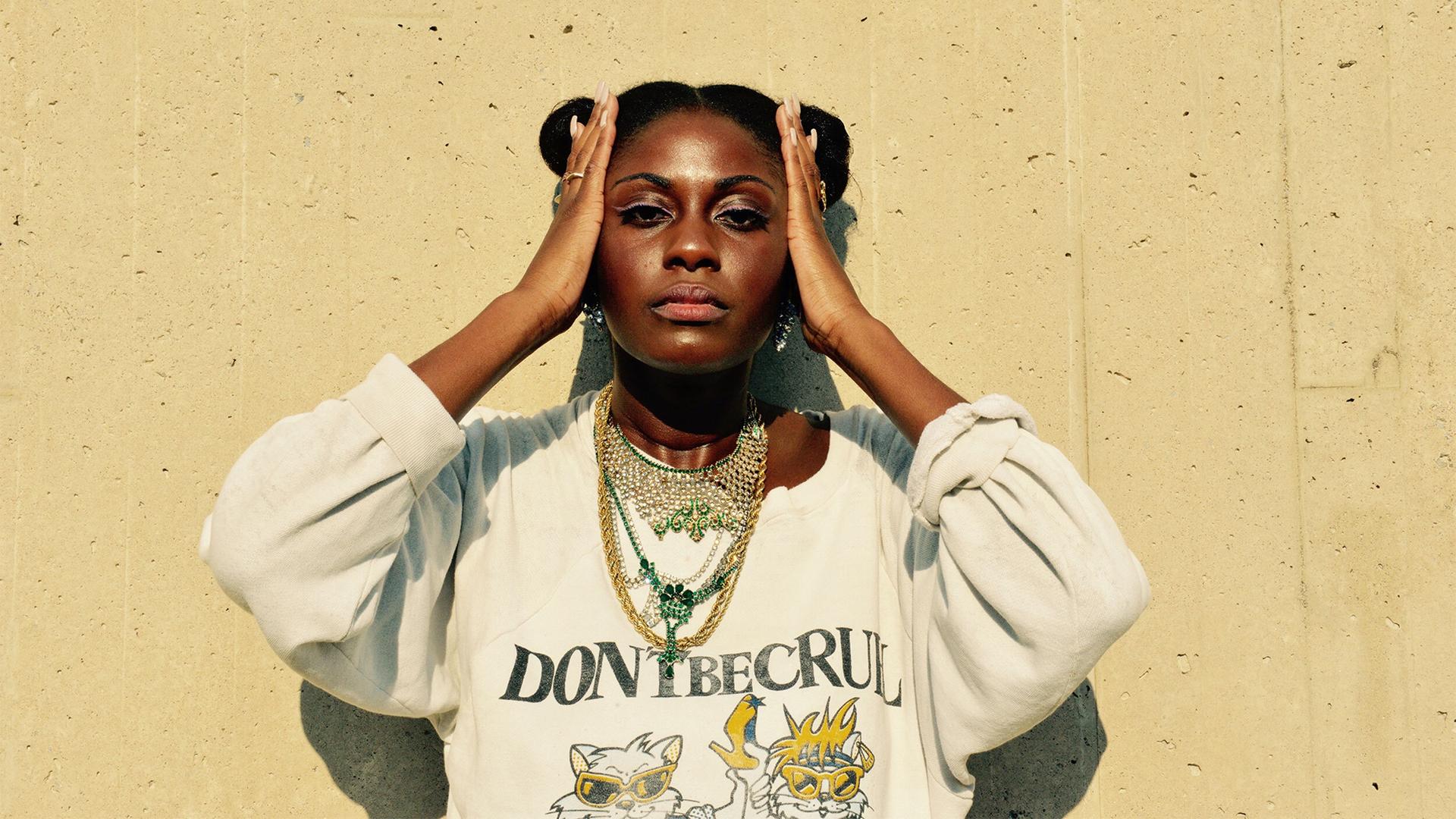“Afrofuturism,” a concept conceived a quarter-century ago that reimagines a future filled with arts, science and technology seen through a Black lens, is having somewhat of a moment.
Some examples: The huge success of the film “Black Panther,” and then more recently, a resurgence of interest in the books of African American science fiction writer Octavia Butler.
Here is the story of a musician whose entire sound and persona is built on this idea that Black people can write themselves into the future — even write the future itself.
Related: The ‘strange grace’ of singer Arooj Aftab
For Dr. Enongo Lumumba Kasongo, whose stage name is Sammus, Afrofuturism has been a well of inspiration and a living current underneath all her work.
Sammus is a rapper, producer, beat maker and educator, with a doctorate in science and technology studies from Cornell University.
“I do feel, in a lot of ways, the things that I’ve been interested in and the questions that I’ve been concerned with throughout my life finally have the resources and spaces to talk through them on a larger scale than I could have ever imagined.”
“I do feel, in a lot of ways, the things that I’ve been interested in and the questions that I’ve been concerned with throughout my life finally have the resources and spaces to talk through them on a larger scale than I could have ever imagined,” she said about the rise of Afrofuturism. “When I was a kid, the scale was, I just want other people who are in this headspace. And now the scale is, oh, we can change the culture.”
Sammus’ father, who is originally from the Democratic Republic of Congo, and her mother, originally from the Ivory Coast, raised their family in Ithaca, New York, where Sammus not only developed her identity, but her taste for video-game music. Her older brother was often playing and she was listening.
Sammus is more than a stage name. It is a character inspired by Samus Aran, the protagonist of the Nintendo video game franchise Metroid.
“Metroid has a beautiful soundtrack as well. And it’s really a darker game than most of the other games that were around at the time. It was labyrinthian, and the music reflects that kind of darker, wilder tone,” she said.
Related: Four musicians grapple with the same question: What is home?
It is that kind of music that Sammus became fixated on, and that made her want to make music as a kid. Her compositions were intended to be songs, but were perceived as video game music.
With these songs, Sammus created the space for herself, and then walked into it. She is now actually making video game music. She is the audio director for a women of color-led video game studio called Glow Up Games.
“I love the idea of creating the space, and then stepping into it, like not needing for it to exist before you’ve walked into it,” she said. “And I think that’s a key tenant in futurism. This is the inhabiting of other worlds, different spaces and spaces that we were told were never designed for us as Black folks, and particularly, as Black women.”
